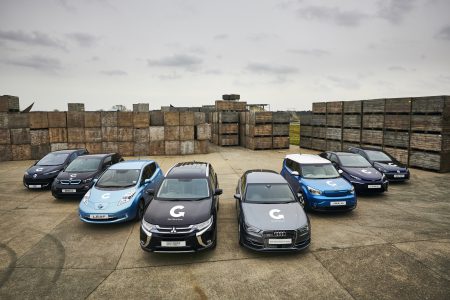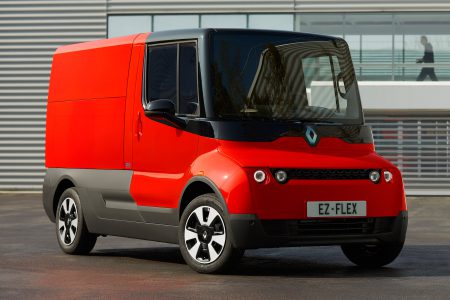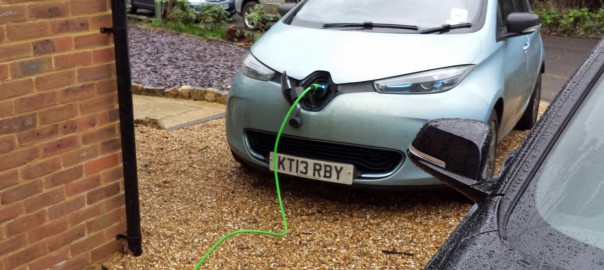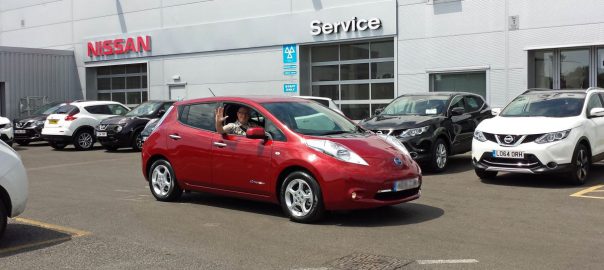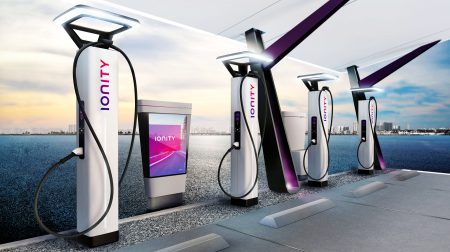The European passenger plug-in vehicle market scored some 37,000 registrations in April, growing 30% compared to the same period last year, a good performance considering that the overall market is still in the red (-1% in April).
In April, fully electric vehicles (BEVs) jumped 70% year over year (YoY), to some 24,000 deliveries, and were responsible for 65% of all plug-in sales in the month. The BEV share of the overall auto market was 1.8%. Adding plug-in hybrids (PHEVs) to the tally, the share jumps to 2.8%, and that makes the 2019 plug-in vehicle (PEV) share 3.0% so far (2.0% for BEVs alone), above the 2.5% result of 2018.

Looking at other fuels, diesel sales continue their never-ending slide, dropping 12% YoY. Their share dropped from 36% to the current 33%.
The big news in April was the Renault Zoe beating the Tesla Model 3, while the BMW i3 rounded out the spots on the podium.
Interestingly, except for the waiting-for-the-62kWh-version Nissan Leaf and the recently added Tesla Model 3, all the remaining top 5 best sellers had +50% growth rates, which is good news and proof that, unlike the USA, the Model 3 isn’t drying up sales from other EVs.
Read more: Clean Technica


